The U.S. House of Representatives recently passed a bill called the “TikTok Act,”. This bill addresses concerns regarding TikTok’s Chinese ownership and its potential impact on national security, free speech, and the social media industry. On March 6, a bipartisan group of U.S. lawmakers proposed legislation on Tuesday to give ByteDance 165 days to spin off the popular short video app TikTok. Otherwise, app stores such as Apple and Google will be forced to stop web hosting services for TikTok. TikTok will also be unable to do business with other U.S. businesses.
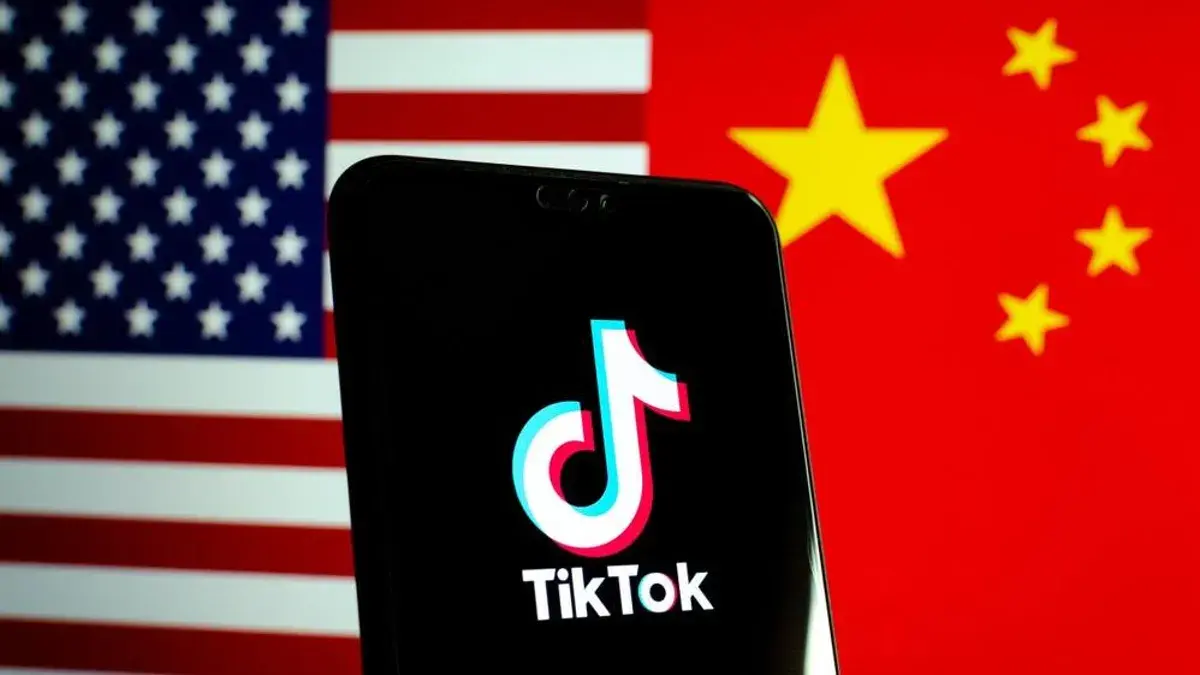
This legislation, which received broad bipartisan support, proposes that TikTok’s Chinese owner either sell the app or face a ban in the United States. In other words, this means that the U.S. House of Representatives wants ByteDance to divest control of its short video platform, TikTok. However, the bill still needs two steps to become law. It will pass through the US Senate for discussion and voting. After this step, it will then go to U.S. President Joe Biden for approval. It is important to note that this bill could fail in either of these remaining steps.
Bipartisan Support for “TikTok Act” and Legislative Details
The bill passed with a significant majority of 352 to 65 votes, showcasing widespread backing for measures targeting China in an election year. Notably, both Republicans and Democrats supported the bill. However, 50 Democrats and 15 Republicans voted against the bill. At the moment, U.S. President Biden has since indicated his willingness to sign it into law. This means that if this bill passes through the Senate, it is as good as a law. Of course, that is if the U.S. President does not change his mind. We all know that politics can be volatile sometimes and swift changes are not unusual. The proposed legislation would require TikTok to divest from its Chinese parent company, ByteDance, within a specified timeframe to avoid being banned from U.S. app stores.
Senate Approval and Future Implications
Despite its success in the House, the bill faces challenges in the Senate, where key figures remain noncommittal about its passage. Senate Majority Leader Chuck Schumer has not committed to bringing it for a vote yet. If approved by the Senate and signed into law by the President, this legislation could have far-reaching implications for TikTok and other similar platforms deemed national security threats.
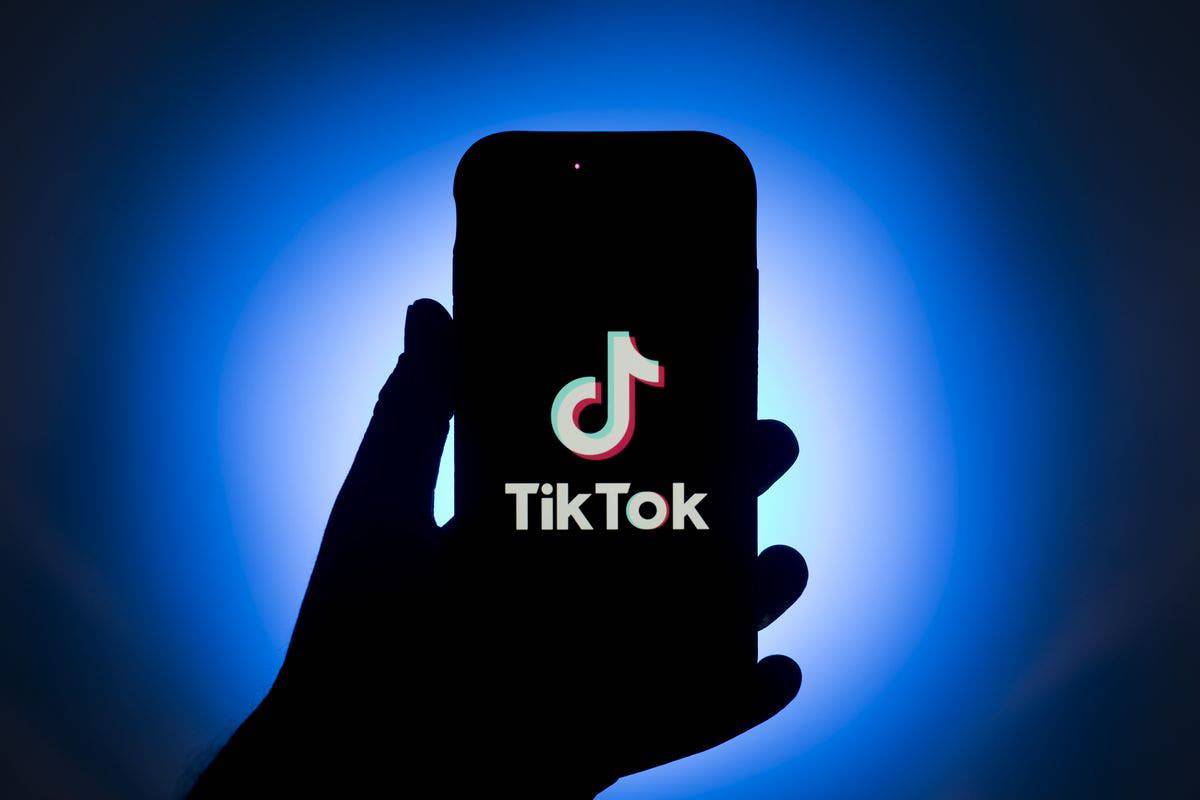
TikTok’s Response and Industry Impact
TikTok has vehemently opposed the bill, viewing it as an attack on freedom of expression and raising concerns about its impact on American jobs and businesses. The company has mobilized its users against the legislation while emphasizing its efforts to keep user data secure and free from external manipulation. Also, there are concerns about potential antitrust issues in the social media industry due to the high concentration of services. TikTok said in a statement
“This process is secret and the bill was forced through for one reason only: it is a ban. We hope that the Senate will consider the facts, listen to their constituents, and realize the impact on the economy, 700 Impact on 10,000 small businesses and 170 million Americans who use our services.”
TikTok further claims that this bill is an “attack on the constitutional right to freedom of expression for its users.” Similarly, China’s foreign ministry called the bill an “act of bullying.” In a video posted on X, TikTok’s CEO, Shou Chew thanks TikTok users, and said the company has invested in keeping users “data safe and our platform free from outside manipulation.” He further claims that if this bill becomes law, it will affect hundreds of thousands of American jobs. It will also take “billions of dollars out of the pockets of creators and small businesses.”
Responding to the “TikTok Act”, a TikTok spokesperson responded:
“No matter how it tries to hide it, this bill is an outright ban on TikTok. This legislation would trample on the First Amendment rights of 170 million Americans and deprive 5 million small businesses of the power they need to grow and thrive. A platform for job creation.”
TikTok issued a pop-up reminder to users in the United States: directing users to call members of Congress to demand the withdrawal of this bill. It is reported that the pop-up window can be closed or swiped away with a button instead of being forced to boot. Some reports claim that former Blizzard CEO Kotick contacted Zhang Yiming and considered acquiring TikTok for $100 billion. OpenAI CEO Altman may participate in the transaction. In response, Bytedance responded that the aforementioned information was untrue.
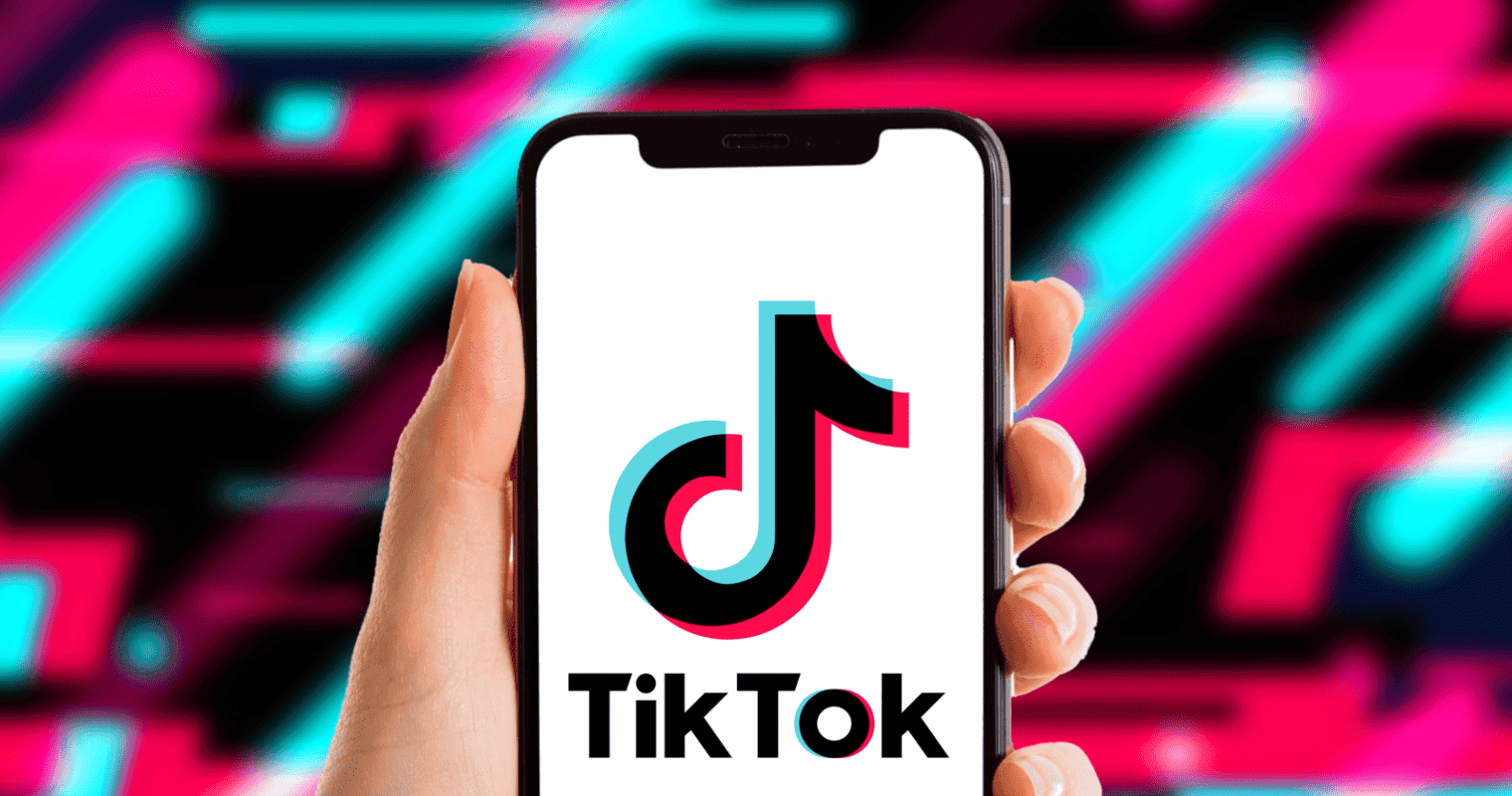
Conclusion
The passage of the “TikTok Act” by the U.S. House of Representatives marks a significant step in addressing concerns surrounding TikTok’s Chinese ownership and its potential impact on national security, free speech, and the social media industry. This legislation, which received broad bipartisan support, proposes that TikTok’s Chinese owner either sell the app or face a ban in the United States. The bill’s success in the House with a majority vote of 352 to 65 reflects widespread backing for measures targeting China, despite some opposition from both Democrats and Republicans.
However, the bill’s journey is far from over as it now awaits discussion and voting in the U.S. Senate before potentially reaching President Joe Biden for approval. The outcome of this legislative process remains uncertain, with challenges expected in the Senate where key figures are yet to commit to its passage. If approved and signed into law, this legislation could have far-reaching implications not only for TikTok but also for other platforms deemed national security threats.
TikTok’s strong opposition to the bill, viewing it as an attack on freedom of expression and raising concerns about its impact on American jobs and businesses, adds complexity to the ongoing debate. The company’s mobilization of users against the legislation underscores the contentious nature of this issue and highlights the potential economic and social consequences if the bill progresses further. In essence, the fate of TikTok in the United States hangs in the balance as lawmakers navigate through this critical juncture where national security concerns intersect with digital freedom and economic interests.

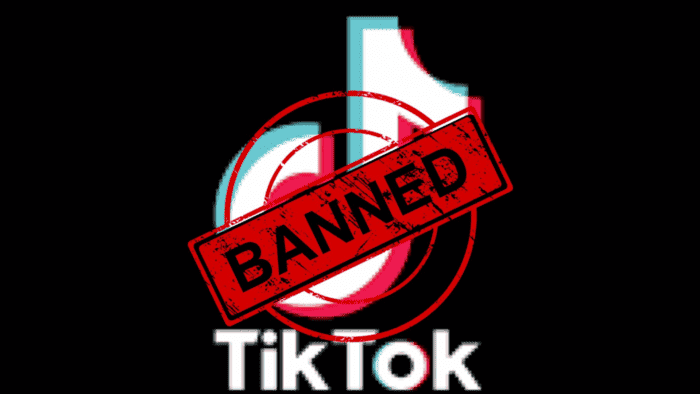

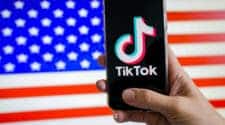


Tiktok should definitely be banned everywhere, as Douyin should be in China. This toxic lame vomit is pure rubbish.